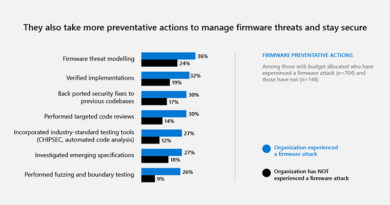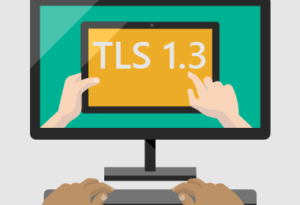Quick wins—single sign-on (SSO) and Multi-Factor Authentication (MFA)

With Multi-Factor Authentication (MFA) and single sign-on (SSO) being a few of the most effective countermeasures against modern threats, organizations should consider a Cloud Identity as a Service (IDaaS), and MFA solution, like Azure Active Directory (AD).
Here are seven benefits:
- Azure AD is simple to set up and works with almost everything, meaning once identity is in the cloud. It may be accessed by any entity that requires access and used for all on-premises and cloud applications. Azure AD MFA—using the Microsoft Authenticator app—is one the easiest MFA solutions for users to adopt and one of the fastest ways to take a passwordless approach.
To learn more, read Microsoft Recommending Non-Expiring Passwords to Office 365 Customers.
- SSO reduces the threat of untimely termination/identity decommissioning by decreasing “identity sprawl,” so you can have one identity in multiple applications per user.
To learn more, read Azure AD Seamless Single Sign-on.
- A single, unified MFA reduces the success of phishing attacks due to password reuse or social engineering with the enforcement of MFA.
To learn more, read Email Phishing Protection Guide—Part 3: Enable Multi Factor Authentication (MFA).
- The SSO/IDaaS approach paves the way for eliminating basic authentication and password spray attacks.
To learn more, read Your Pa$$word doesn’t matter.
- MFA and SSO increases user satisfaction—making the CISO a business enabler rather than a productivity and collaboration roadblock.
To learn more, read Go passwordless to strengthen security and reduce costs.
- Azure AD is more available than on-premises AD FS and other IDaaS. Microsoft guarantees 99.9 percent uptime—a difficult SLA to achieve on-premises.
For details, see SLA for Azure Active Directory.
- Azure AD Conditional Access enforces the Zero Trust model for all authentications.
To learn more, visit Achieve Zero Trust with Azure AD conditional access.
Also, bookmark the Security blog to keep up with our expert coverage on security matters. Follow us at @MSFTSecurity for the latest news and updates on cybersecurity.
READ MORE HERE



